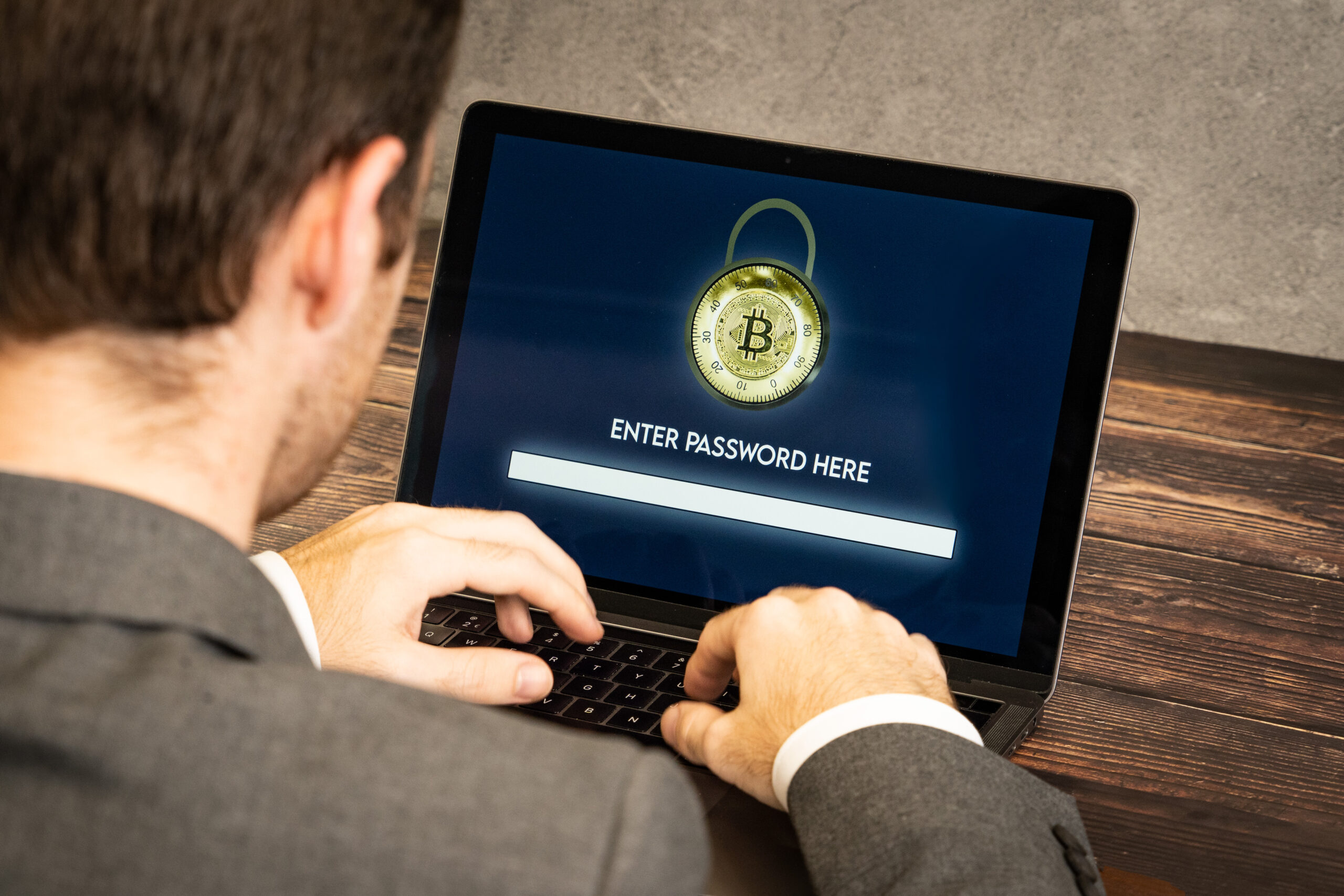Crypto Wallet Security: Protecting Your Digital Assets – In the digital age, cryptocurrencies have emerged as a revolutionary form of decentralized currency. With the increasing adoption of cryptocurrencies like Bitcoin, Ethereum, and others, the need to secure your digital assets has become paramount. Crypto wallet security plays a pivotal role in safeguarding your investments from potential threats. In this article, we will delve into the world of crypto wallet security and provide you with essential insights to ensure your digital assets are protected.
Crypto Wallet Security: Protecting Your Digital Assets
Understanding Crypto Wallets
Before we dive into securing your digital assets, let’s understand what a crypto wallet is. A cryptocurrency wallet is a digital tool that allows you to store, receive, and send cryptocurrencies securely. It stores your private keys, which are essential for authorizing transactions on the blockchain.
Types of Crypto Wallets
Hot Wallets
Hot wallets are connected to the internet and are convenient for daily transactions. However, they are more susceptible to hacking due to their online presence.
Cold Wallets
Cold wallets, on the other hand, are offline storage solutions, making them less vulnerable to cyberattacks. They are ideal for long-term holdings.
The Significance of Private Keys
Your private keys are the keys to your crypto kingdom. Protect them at all costs. Anyone with access to your private keys can access your digital assets. Safeguard them diligently.
Best Practices for Crypto Wallet Security
Strong Passwords
Use strong, unique passwords for your wallet. Avoid easily guessable combinations and consider using a password manager for added security.
Two-Factor Authentication (2FA)
Enable 2FA wherever possible. This adds an extra layer of protection to your wallet.
Backup Your Wallet
Always keep a backup of your wallet’s private keys. Store them in a secure location, preferably offline.
Keep Software Updated
Ensure your wallet software is up-to-date. Developers frequently release security patches.
Beware of Phishing Attempts
Stay vigilant against phishing emails and websites. Hackers often use deceitful tactics to trick users into revealing their private keys.
Hardware Wallets: A Secure Choice
Hardware wallets are physical devices designed solely for storing cryptocurrencies. They offer top-notch security as they are not connected to the internet.
Paper Wallets: An Old-School Approach
A paper wallet involves printing your private keys on a physical piece of paper. It’s offline and immune to online attacks but must be kept safe from physical harm.
Mobile Wallets: Convenience vs. Security
Mobile wallets are convenient for everyday transactions but should be used cautiously. Ensure your device is secure, and only use trusted apps.
Multi-Signature Wallets: Added Protection
Multi-signature wallets require multiple private keys to authorize a transaction. This adds an extra layer of security, especially for businesses and joint accounts.
Secure Your Recovery Seeds
Recovery seeds are crucial for wallet restoration in case of loss or theft. Keep them secure, preferably offline, and never share them with anyone.
Use Reputable Wallet Providers
Opt for well-known and reputable wallet providers. Research their security measures and user reviews before choosing one.
Security in Exchange Wallets
If you store crypto on an exchange, understand their security protocols. Consider transferring your assets to a private wallet for added security.
Diversify Your Investments
Avoid putting all your digital assets in one wallet. Diversify your holdings across multiple wallets to minimize risks.
Stay Informed About Security Threats
Stay updated on the latest crypto security threats and best practices. Knowledge is your best defense against cyberattacks.
Reporting and Recovering Stolen Funds
In case your crypto assets are stolen, report the incident to the relevant authorities and take legal action if necessary. Recovery might be possible in some cases.
Conclusion: Safeguarding Your Crypto Future
Crypto wallet security is not an option; it’s a necessity in the world of digital assets. By following best practices, using secure wallets, and staying informed, you can protect your investments from potential threats. Remember, in the world of cryptocurrencies, you are your bank, so ensure your digital vault is impenetrable.
FAQs
1. What is the safest type of crypto wallet?
The safest type of crypto wallet is a hardware wallet, as it keeps your private keys offline, away from potential online threats.
2. Can I recover my crypto assets if I lose my private keys?
It’s challenging but not impossible. If you have a backup of your recovery seed, you can restore your wallet and access your assets.
3. Are mobile wallets safe to use?
Mobile wallets can be safe if you take necessary precautions, like securing your device and using trusted apps.
4. Should I use the same password for all my crypto wallets?
No, it’s not advisable. Each wallet should have a unique and strong password to enhance security.
5. What should I do if my crypto assets are stolen?
If your crypto assets are stolen, report the incident to the authorities and take legal action if needed. Recovery options depend on the circumstances.




